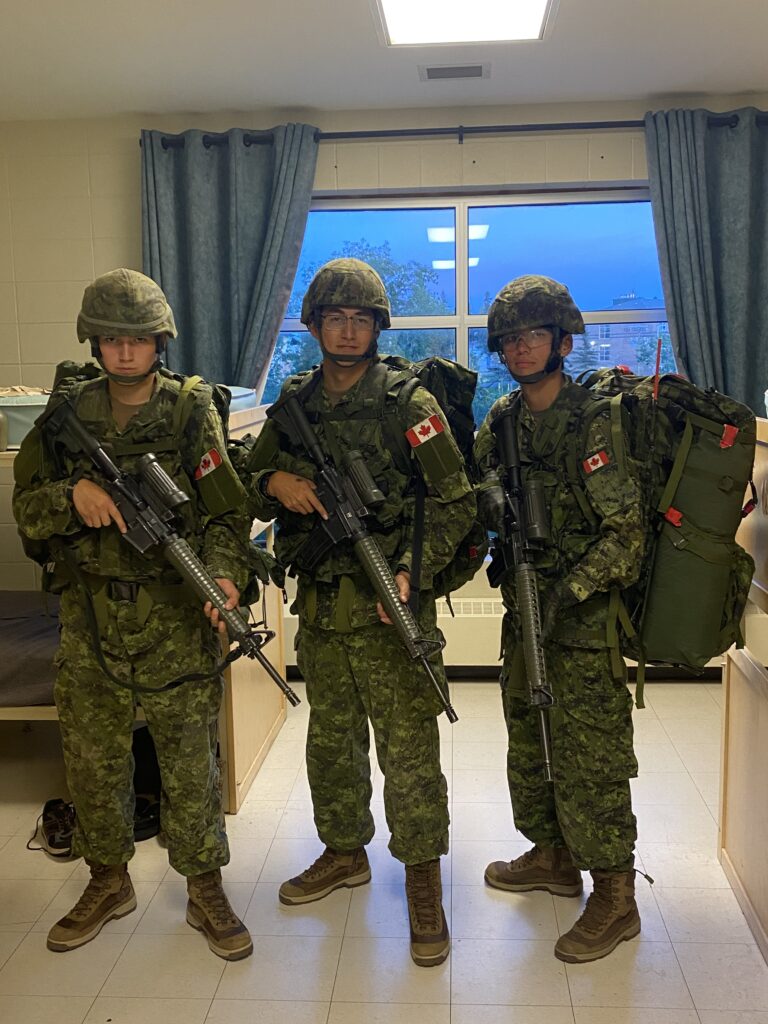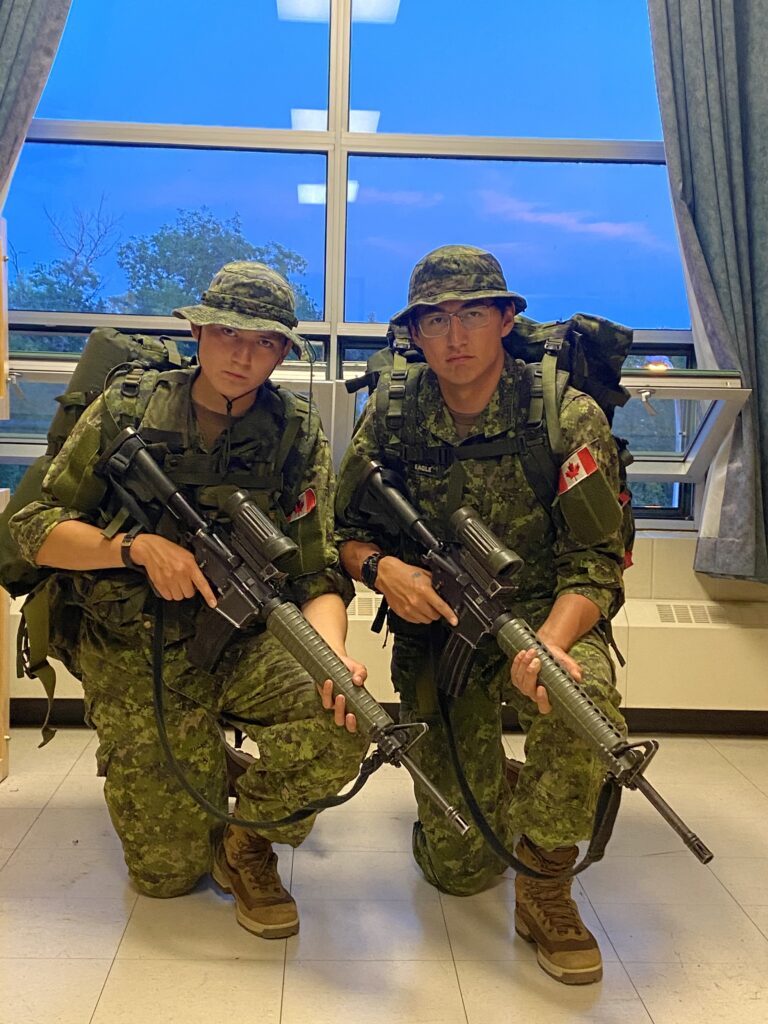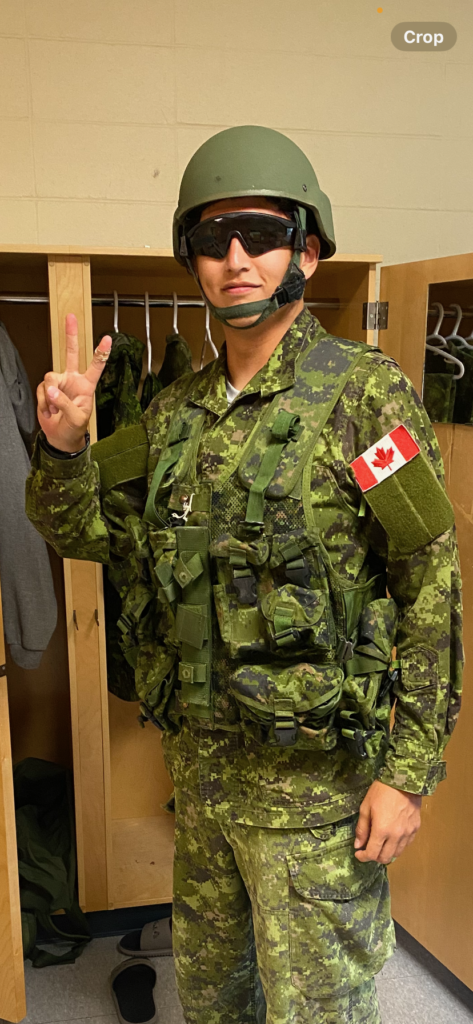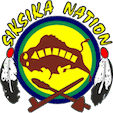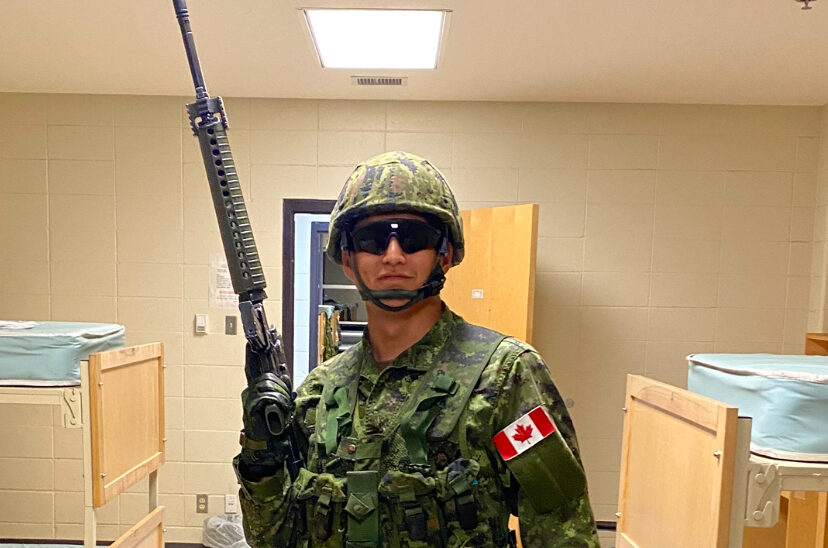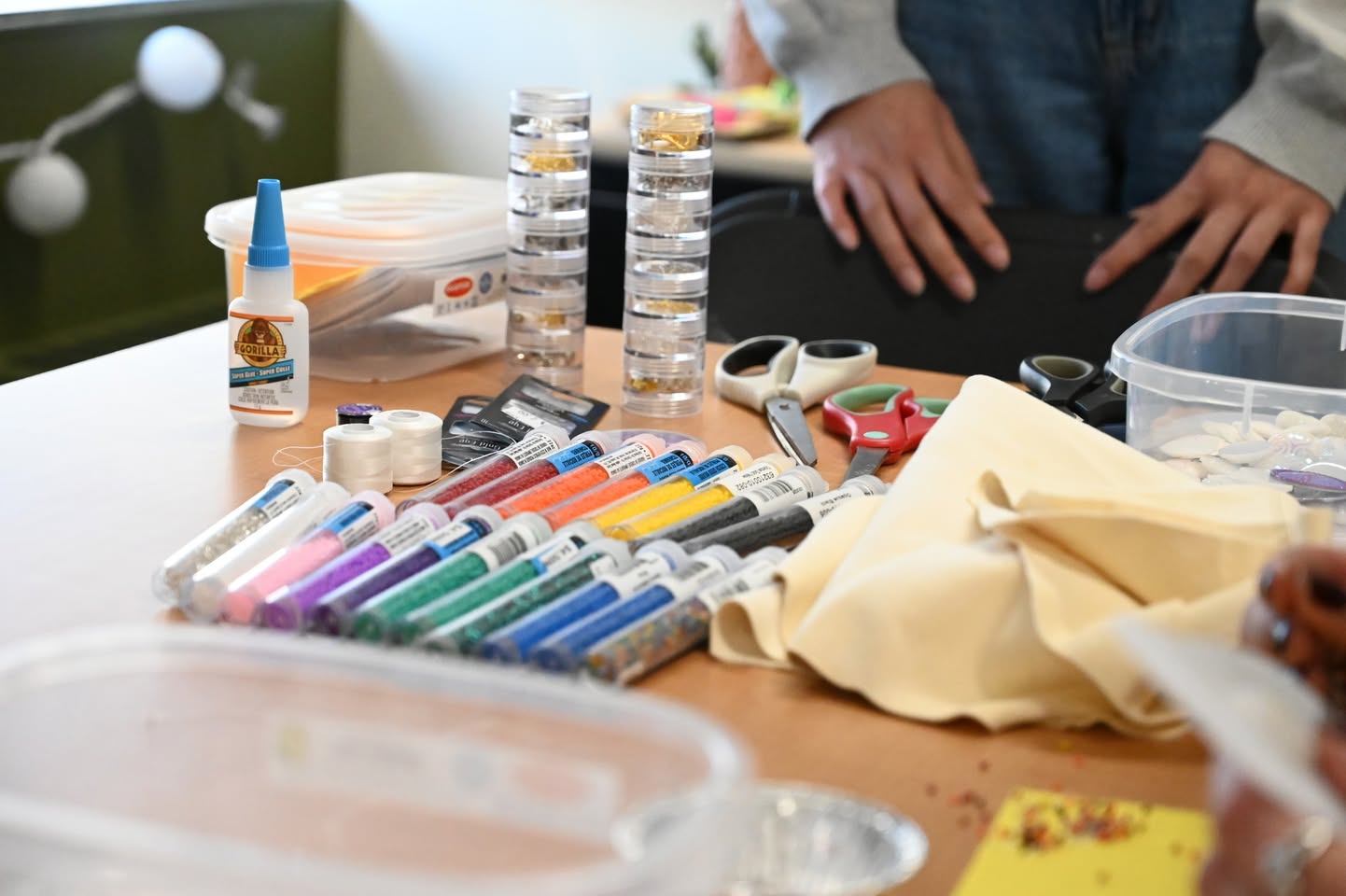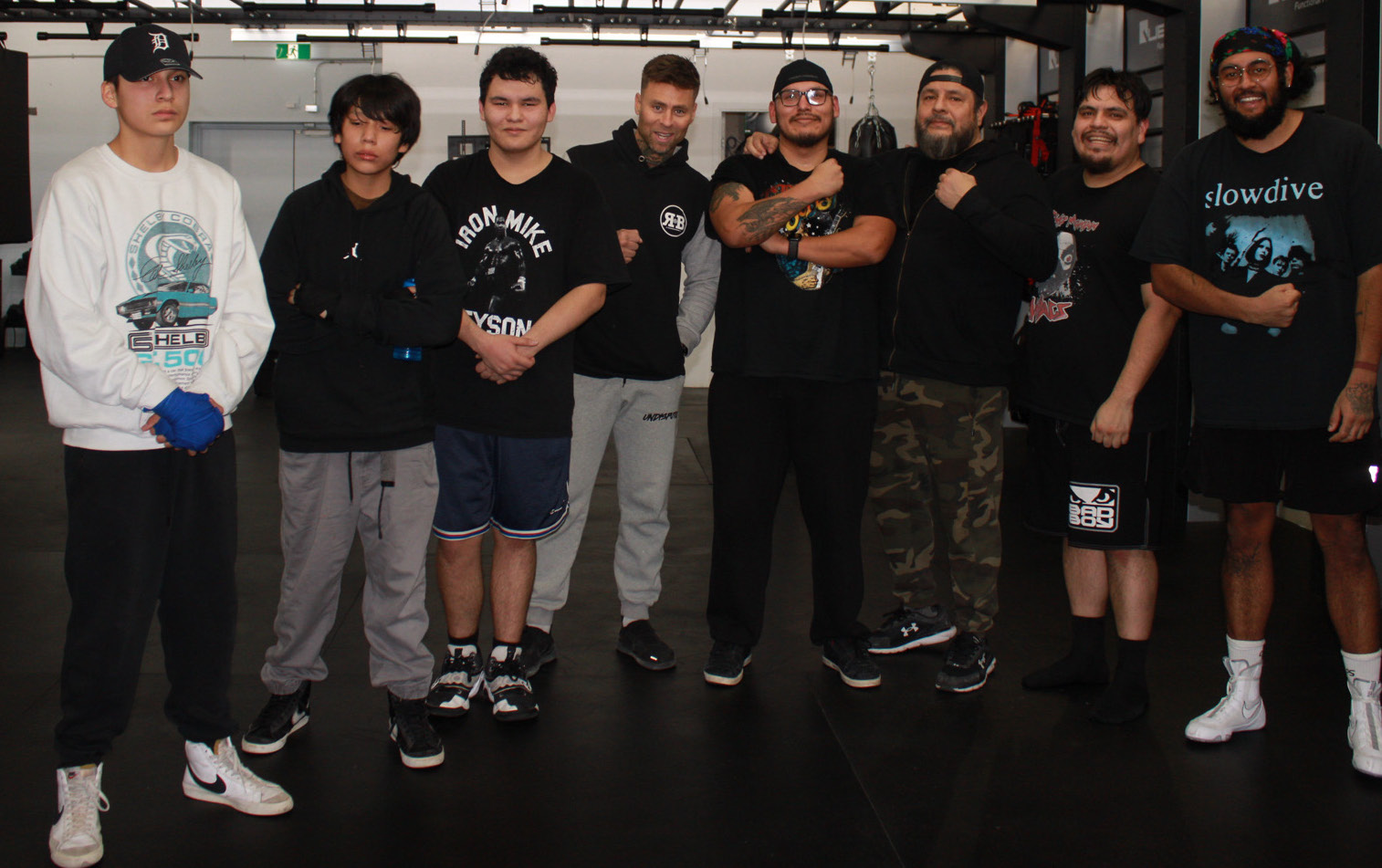By Tyrone Sitting Eagle
Rody Poor Eagle, a proud member of the Siksika Nation, is supported by his mother, Tammy Poor Eagle, his father, Roy Fairbrother, and his brothers Trey, Tyus, Weston, and Wyatt Fairbrother. Recently, Rody took a significant step toward one of his personal goals by attending the Bold Eagle program. This unique initiative, offered by the Canadian Armed Forces, is designed for Indigenous youth in Western Canada. The six-week program blends military training through the Basic Military Qualification (BMQ) with meaningful cultural teachings and traditions, creating a powerful and transformative experience.
Rody first expressed his interest in the Bold Eagle program after seeing a local community member take part and speak highly of the experience. Inspired by their enthusiasm, he began researching the program on his own and quickly became eager to join. After submitting his application, Rody was thrilled to learn that he had been accepted and would be heading to Wainwright, Alberta, to participate in Bold Eagle.
The first week of the Bold Eagle program is devoted entirely to culture, featuring pipe ceremonies, smudging, and sweat lodges—creating an environment deeply rooted in Indigenous traditions. At the end of the week, an eagle staff is passed down, marking the transition into the military training phase. Rody shared how intense this training was, involving not only physically demanding workouts but also strict expectations around cleanliness and keeping personal belongings meticulously organized. Despite the challenges, Rody spoke about how much he gained from the experience, describing it as life changing. He learned valuable skills such as navigation, weapons handling, first aid, and field craft—but most importantly, he experienced significant personal growth.
A major experience in the program was going through the gas hut (CBRN Training/Formation CBRN). In this exercise, participants are required to enter the hut while gas is present and put on their masks with minimal exposure. If not done correctly, it results in significant discomfort while breathing. Rody described his experience, saying, “We had to experience the gas hut, which was very unpleasant and had to go in four times. There is a Private at the door and he asks when you are ready. I nodded my head, and you immediately feel your face go red and it burns. Even though you are experiencing the discomfort, you still have to complete the drill.”
In addition to the gas hut, participants also had to complete three other tests. The second test was the water test, where Rody had to take his one-litre canteen and his gas mask, place the canteen on top of the mask, drink the water, and then spit it out inside the mask until it was empty.
Although the Bold Eagle program had a powerful impact on Rody, grass dancing continues to hold a special place in his life. He shared that his uncle used to be a grass dancer, and although Rody never saw him dance in person, he saw pictures and heard stories about his uncle’s dancing. That connection inspired Rody to carry on the tradition. By dancing himself, he hopes to keep the legacy alive—and one day, he hopes more of his family members will join him in dancing as well.
In conclusion, the Bold Eagle program had a profound impact on Rody Poor Eagle, not only strengthening his connection to culture but also motivating him to pursue a continued career in the military. He now plans to move forward with Armoured training, including Army 310 and DP1. Rody encourages others who are interested in the program to take that leap—emphasizing that the only way to achieve your goals is to go for them. He reminds future participants that success requires both mental and physical readiness, but the rewards are well worth the challenge.
